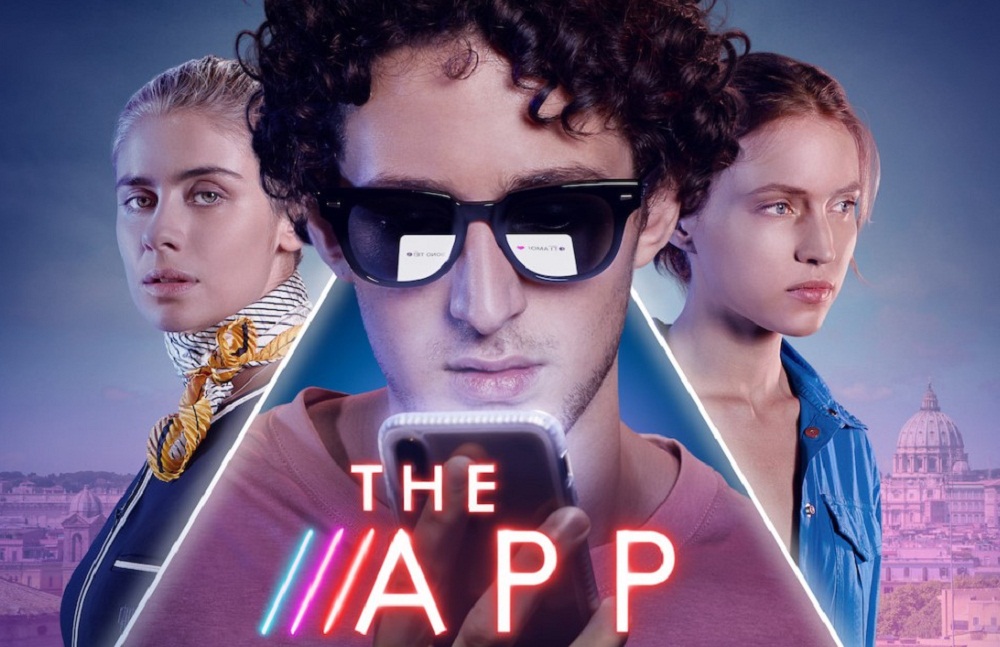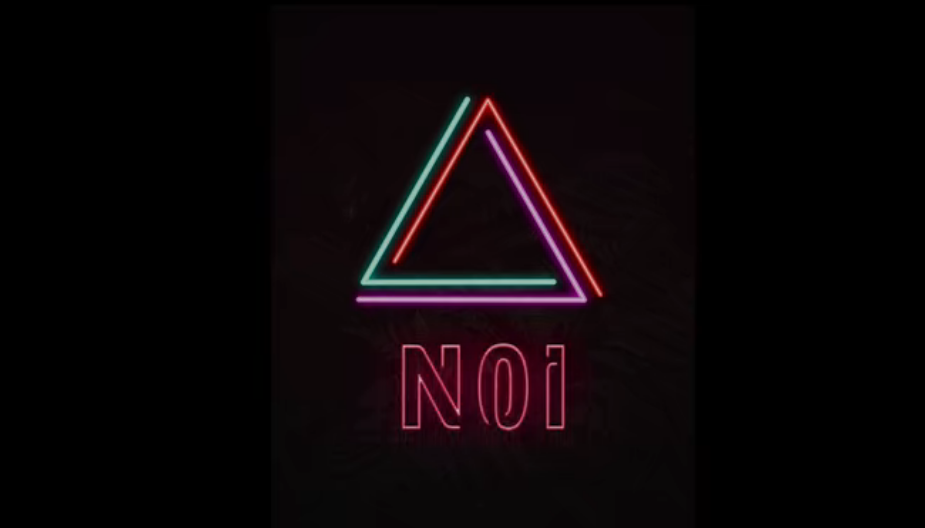The internet has endless practical applications in today’s world but more than anything else, it has influenced our interpersonal interactions. We are able to communicate differently, in faster ways, and quite often, more directly. However, this comes with its own disadvantages.
Netflix’s new Italian sci-fi drama, ‘The App’, explores this idea and presents the story of a young man named Nick, who has the perfect life. He has a loving girlfriend, a rich family and also lands a leading role as an actor in an upcoming film. But he later ends up falling in love with a woman he meets on a dating application. The deeper he delves into his obsession with her, the more he destroys everything that he owns in his real life. All of this eventually makes him realize that the “woman of his dreams” is not who he expects her to be.
Though it is predominantly a sci-fi film, it uses several deep parables to mirror the impact that virtual interactions can have on us. And through these didactic notions, it brings in a sense of realism which makes you wonder if it is somehow inspired by actual events. So if this question was nagging you throughout its runtime, read on further to know more about how ‘The App’ has traversed itself from our reality.
Is ‘The App’ Based on a True Story?

‘The App’, in its opening scene, reveals that it is loosely based on true events. But the keyword “loosely” can often be subjective as most films these days are, in one way or the other, inspired by real-life events. ‘The App’ explores an idea that is not exactly unique. In the past, with sci-fi movies and shows like ‘Her’ and ‘Black Mirror’, we’ve already been familiarized with the horrors of technology and social media. However, as far as we know, we don’t live in a world where humans are falling in love with superior A.I bots that have “feelings”. So ‘The App’ is not really a true story. The film is actually based on an on opera, titled “Noi, due, Quattro”, which has been musicalized by Riccardo Panfili.
In an interview, the director of the film, Elisa Fuksas, also revealed that the film has been inspired by an article that she read in an American Newspaper. This article was basically about a dating website that was hacked and the real identities of everyone on it—including well-known people, actors, politicians—were made public. Following this event, five people committed suicide, one of whom was a priest.
The priest had apparently fallen in love with a woman from the site and it was later revealed that this woman did not even exist. She was only virtual and he gave up on his life for nothing. This probably explains how the film is “loosely” based on actual events. The main message of the film is that unreal online relationships that are primarily built upon one’s own sense of self-worth can have some drastic consequences. This reflects on the story of the priest and also on many other fallen relationships that have been an outcome of our shallow relationship with the virtual world.
‘The App’, while it does criticize the influence of social media, it does so with an unbiased approach. It portrays how, in the digitized world that we live in, one can easily lose footing of what’s real or not. Apart from that, instead of entirely raising a skeptic eye on the downside of technology, it judges the main character who is not able to handle it. On a deeper level, the film is also about our endless longing for happiness which will never be fulfilled if we solely rely on the virtual world.
Moreover, the film, as a whole, is just one big allegory that demonizes our obsession with our phones. It portrays how our phones are black holes that reflect our sense of narcissism. Just like the main character of the film, we often present ourselves to the world in ways we want others to see us. Even visually, ‘The App’ presents its characters through the lens of an I-Phone camera, getting brainwashed in its cold and acid lights. This reflects on the protagonist’s desire to fulfill his own sense of narcissism, while he destroys everything that surrounds him in real life. In conclusion, though it has its own elements of sci-fi, it is, by and large, a representation of the reality of the world that we live in.
Is There a Phone App Like “Noi”?

Noi is the name of the dating application that is introduced in the film and in English, the word “Noi” translates to “Us”. Now, on the surface, Noi is pretty much like any other typical dating application out there. The user has to enter some basic information about his/her interests and following this, the application connects the user to a potentially compatible partner. However, later on, the application automatically downloads itself on the protagonist’s laptop and though he does not realize it, it accesses all of his personal data. Using this information, the application then creates a perfect Bot, who turns out to be a projection of what the character truly desires from his partner.
Even in the real world, such AI bots do exist. However, at this point, none of these real-life bots are as advanced as the one in ‘The App’. So, to put it simply, Noi is not exactly based on a real-life application, but at the same time, it is, in more than one way, a representation of all dating applications that exist today. Malicious bots do exist on such platforms and the ones operating them are usually scammer in disguise who have ulterior motives. So let’s just hope that these bots never reach a level where they start operating as efficiently as the one in ‘The App’ because when that day comes, we will indeed become slaves to the virtual world.
Read More: The App Ending, Explained


You must be logged in to post a comment.